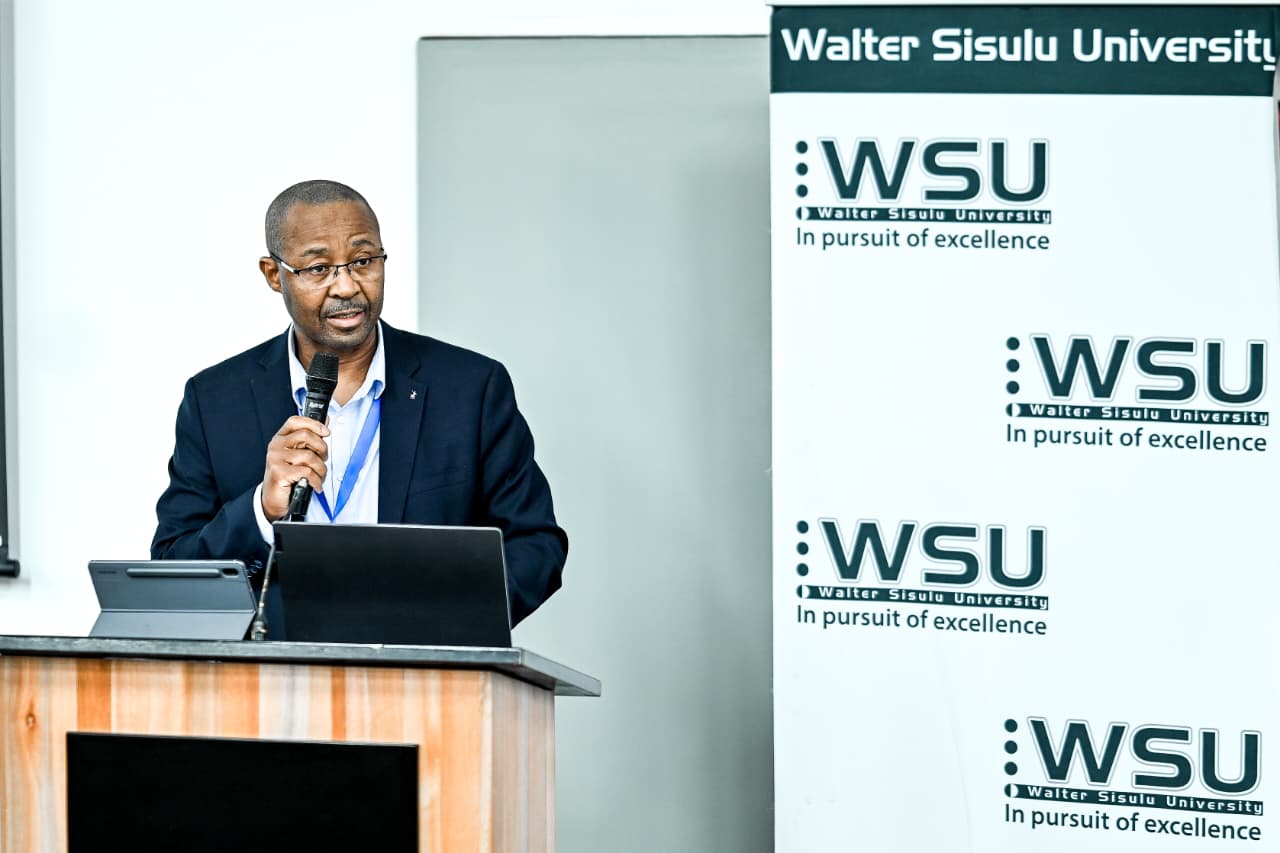LOST IN TRANSLATION: HOW POLICE MISINTERPRETATIONS THREATEN JUSTICE

Police officers’ informal language translations across South Africa could be the cause of wrongful arrests and convictions when casually crafting legal statements in languages they barely understand, according to Professor Monwabisi Ralarala.
In his keynote delivery at the South African Humanities Deans’ Association (SAHUDA) Conference hosted by Walter Sisulu University, the University of Western Cape deputy vice-chancellor sounded the alarm on the silent crisis at the intersection of language, law, and justice.
His keynote address, titled “Language Policy, Justice, and Implementation in South Africa,” challenged the nation to confront how poorly implemented language policies continue to fracture the promise of democracy and social justice.
“Some people are sitting in jail who are not supposed to be there, simply because the legal text that has been translated has been lost in translation. Police officers routinely translate witness or suspect statements without formal training in translation, effectively constructing the very texts upon which court decisions depend” said Ralarala.
Professor Ralarala’s most striking critique targeted the criminal justice system, where language gaps can turn the pursuit of justice into an act of injustice.
“My feeling is, and this is based on the literature, that any policy issue is a political problem. Linguistic misunderstandings that distort meaning, erase nuance, and ultimately shape verdicts,” he said.
While South Africa’s Constitution enshrines 11 official languages, Ralarala argued that this inclusivity remains rhetorical rather than real. The problem, he said, is “not logistical, but political” as a matter of willpower, not capability.
He pointed out that despite nearly 80 percent of South Africans speaking an African language at home, English and Afrikaans still dominate public institutions, universities, and the justice system. This imbalance, he insisted, perpetuates systemic exclusion and deepens inequality.
“This closes the door to justice because the police officer in this instance is not a qualified translator and has no clue whatsoever in terms of the intricacies of language. Why can’t the courts speak the languages of the people?” Ralarala asked.
To bridge this gap, Ralarala proposed what he calls dialectical reasoning, a structured, action-driven framework that moves institutions from critique to implementation. It demands identifying problems precisely, analysing their causes, and crafting pragmatic strategies for change. Without such reasoned engagement, he warned, policy remains a paper exercise detached from people’s lived realities.
“By reimagining the humanities in the 21st century, South Africa must reclaim language as a site of liberation, not limitation,” he concluded.
By Sinawo Hermans
